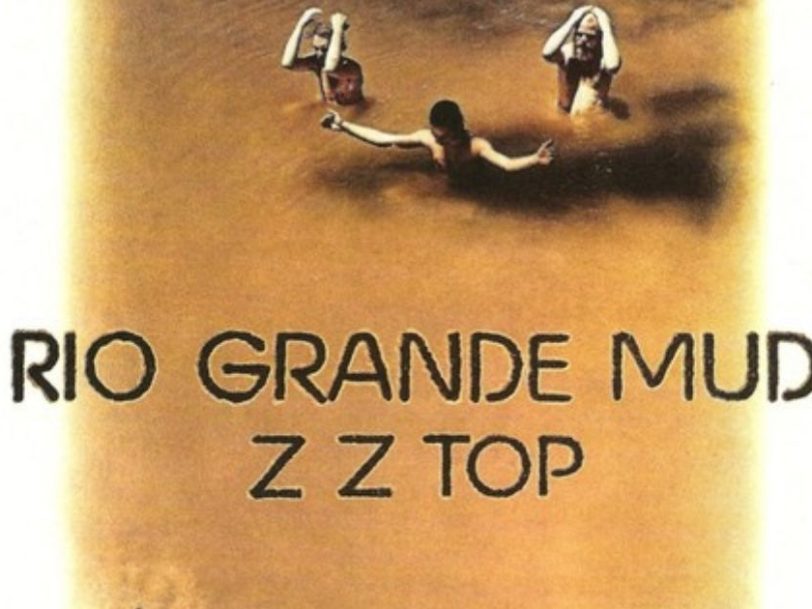Named in honour of the mighty river that runs the border between Mexico and their beloved Lone Star State, ZZ Top’s second album, Rio Grande Mud, wasn’t a major commercial hit, but it was an important staging point on the group’s steady rise to becoming the “little ol’ band from Texas” that took over the world.
Listen to ‘Rio Grande Mud’ here.
“We took the studio on as an extension of the stage show”
Though their origins are traceable back to 1969, the band’s self-explanatory ZZ Top’s First Album didn’t appear until January 1971, after the Houston-based trio signed with London Records. Mixing elements of blues, boogie and Southern rock with a liberal dash of the group’s innuendo-laden humour, ZZ Top’s First Album made for a no-frills debut, but it drew up an effective blueprint for what was to come.
Recalling the album for MusicRadar in 2013, frontman Billy Gibbons said: “We had been together for about six months and were knocking around the bar scene, playing all the usual funky joints. We took the studio on as an extension of the stage show. The basics were all of us playing together in one room… To give our sound as much presence and support as possible, we became a little more than a three-piece with the advantages of overdubbing.”
In the sense that it was still relatively free of embellishments, Rio Grande Mud wasn’t a quantum leap forward from the group’s debut. Yet, as Gibbons has since noted, it benefitted greatly from the time ZZ Top spent on stage, promoting their first record in any club, barroom or roadhouse that would have them.




